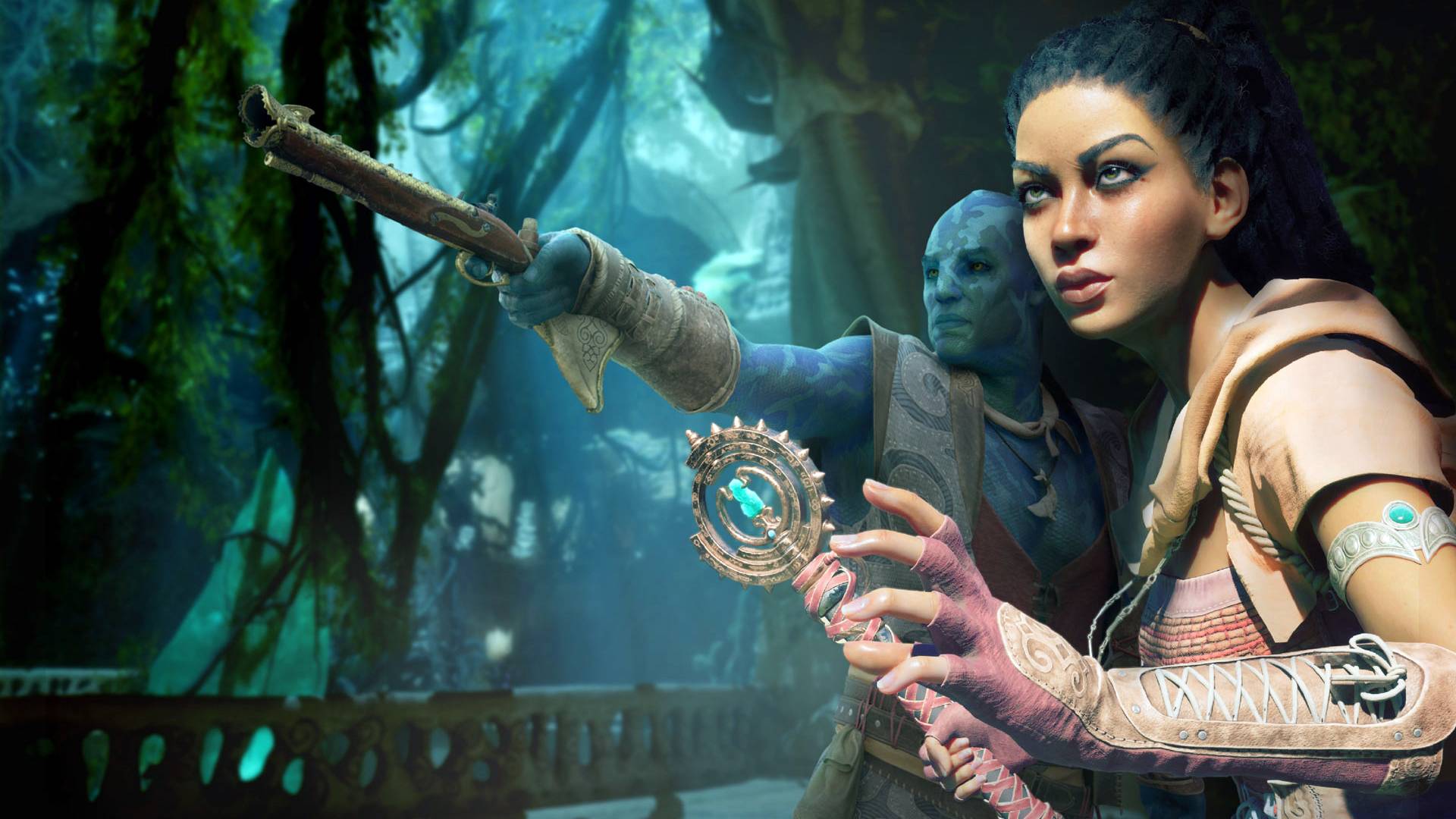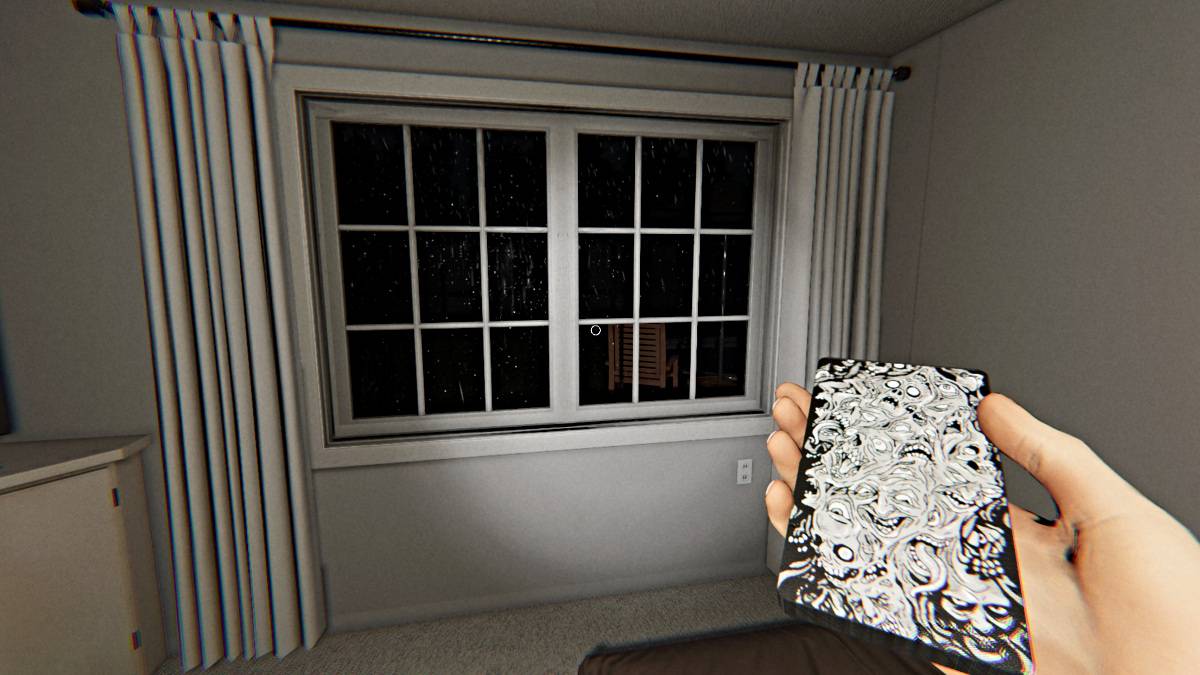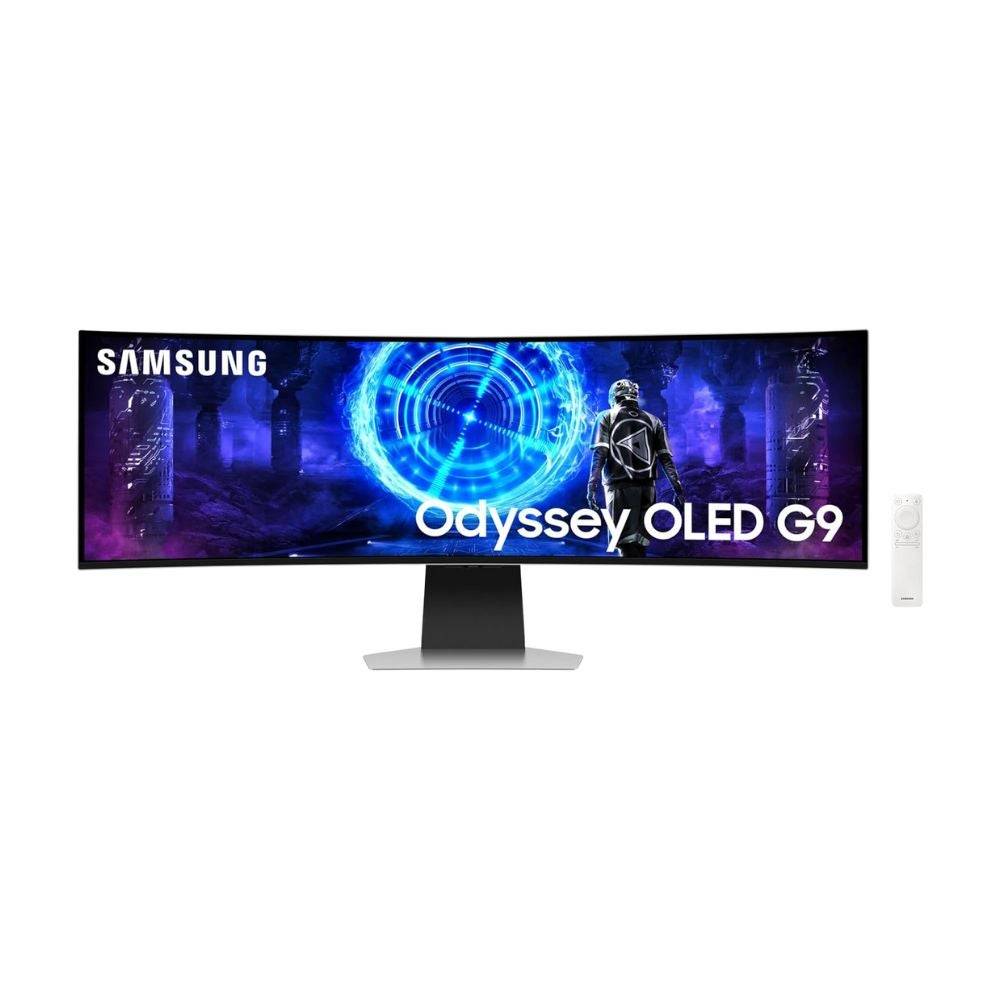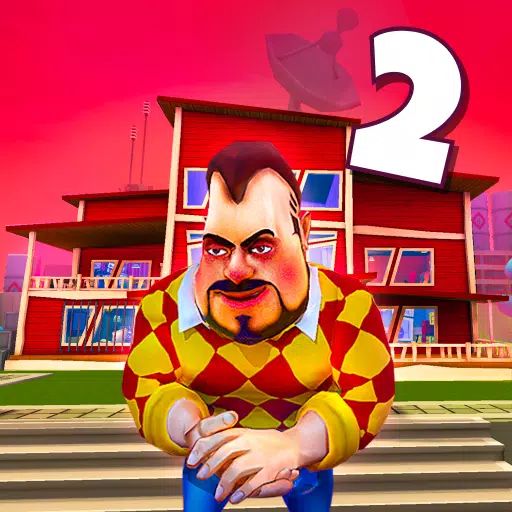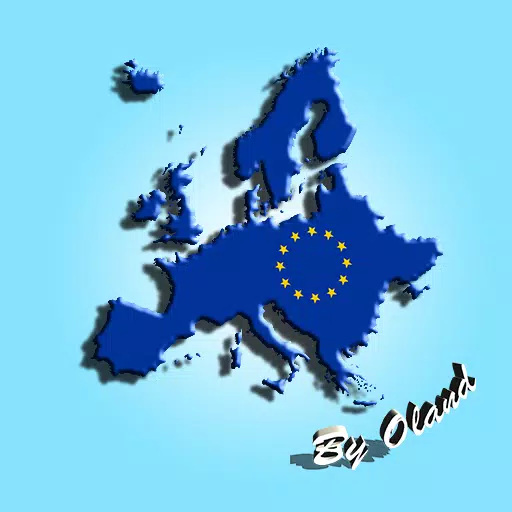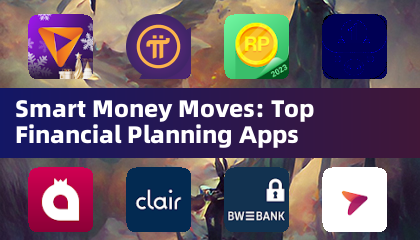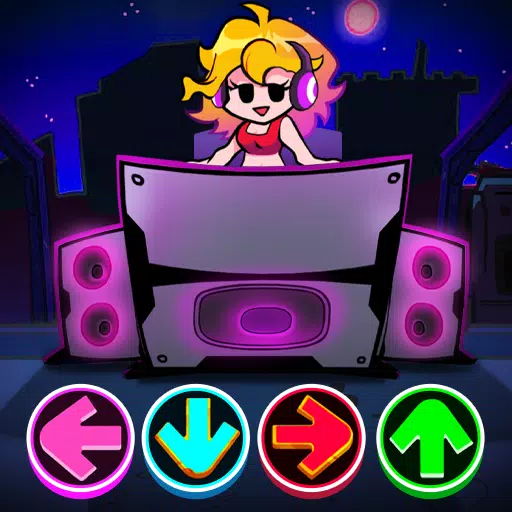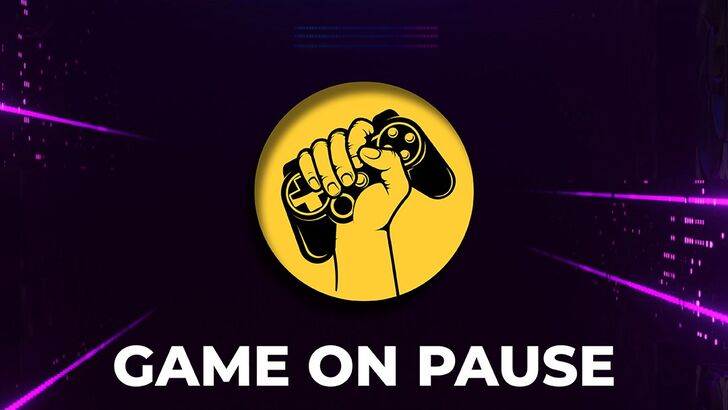 The video game industry faces potential upheaval as SAG-AFTRA has authorized a strike against major game developers. This article explores the ongoing dispute over fair labor practices and the ethical implications of artificial intelligence in performance capture.
The video game industry faces potential upheaval as SAG-AFTRA has authorized a strike against major game developers. This article explores the ongoing dispute over fair labor practices and the ethical implications of artificial intelligence in performance capture.
SAG-AFTRA Authorizes Strike Against Video Game Companies
SAG-AFTRA's Announcement
On July 20th, SAG-AFTRA's National Board unanimously voted to authorize a strike against companies bound by the Interactive Media Agreement (IMA). This empowers the National Executive Director & Chief Negotiator to call a strike if negotiations fail. The key sticking point is securing robust AI protections for video game performers.
National Executive Director & Chief Negotiator Duncan Crabtree-Ireland stated the union's unwavering resolve, highlighting the 98%+ member vote in favor of strike authorization. He emphasized the importance of a fair deal that addresses AI concerns and protects the performers whose work is central to the success of major video games. The union is pressing for a swift resolution.
Key Issues and Industry Impact
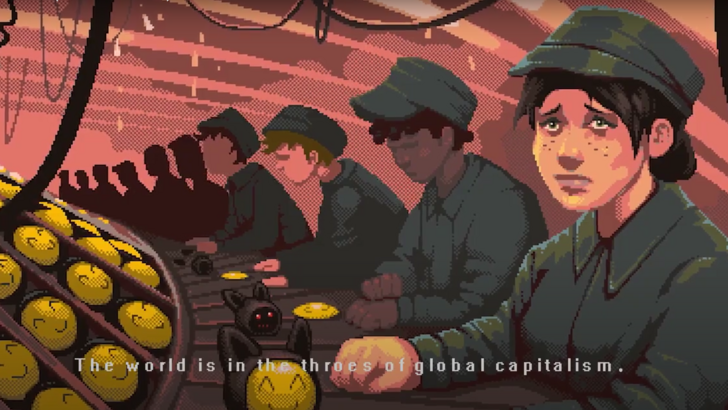 The potential strike stems from concerns over the unregulated use of AI in voice acting and performance capture. Currently, there are no safeguards to prevent AI replication of actors' likenesses without compensation or clear usage guidelines. SAG-AFTRA members demand fair payment for their performances and control over how their work is utilized with AI.
The potential strike stems from concerns over the unregulated use of AI in voice acting and performance capture. Currently, there are no safeguards to prevent AI replication of actors' likenesses without compensation or clear usage guidelines. SAG-AFTRA members demand fair payment for their performances and control over how their work is utilized with AI.
Beyond AI, the union is also seeking wage increases to match inflation (11% retroactively and 4% annual increases), improved on-set safety measures (including mandatory rest periods, on-site medics for hazardous work, vocal stress protections, and eliminating stunt requirements in self-taped auditions).
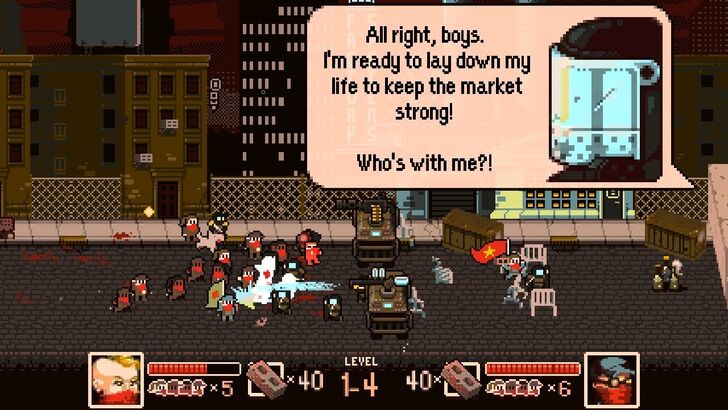 A strike could significantly impact video game production, although the full extent is uncertain. Unlike film and television, video game development is a lengthy process. While a strike might slow development, the effect on release dates is unclear.
A strike could significantly impact video game production, although the full extent is uncertain. Unlike film and television, video game development is a lengthy process. While a strike might slow development, the effect on release dates is unclear.
Companies Involved and Their Positions
The strike targets ten major companies, including Activision Productions Inc., Blindlight LLC, Disney Character Voices Inc., Electronic Arts Productions Inc., Epic Games, Inc., Formosa Interactive LLC, Insomniac Games Inc., Take 2 Productions Inc., VoiceWorks Productions Inc., and WB Games Inc.
Epic Games has publicly supported SAG-AFTRA's position, with CEO Tim Sweeney tweeting his opposition to AI training on recorded dialogue. Other companies have yet to publicly comment.
Negotiation History and Context
 This conflict began in September 2023 with a near-unanimous (98.32%) member vote authorizing a strike. Subsequent negotiations have stalled, despite extending the previous contract (which expired in November 2022).
This conflict began in September 2023 with a near-unanimous (98.32%) member vote authorizing a strike. Subsequent negotiations have stalled, despite extending the previous contract (which expired in November 2022).
The current dispute echoes a 2016 strike that lasted 340 days, focusing on pay, safety, and residuals. While that strike ended with a compromise, many members felt the agreement fell short.
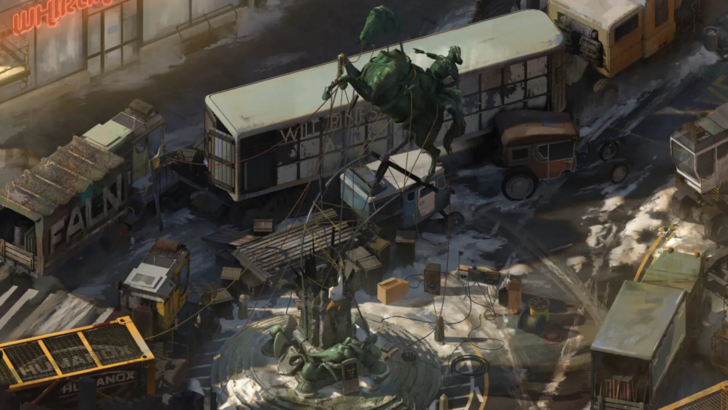 A January 2024 deal with Replica Studios, an AI voice provider, further fueled tensions within the union, with many viewing it as a concession that undermined performers' rights.
A January 2024 deal with Replica Studios, an AI voice provider, further fueled tensions within the union, with many viewing it as a concession that undermined performers' rights.
This potential strike highlights the critical need for fair labor practices in the gaming industry. The outcome will shape the future of AI in performance capture and the treatment of video game performers. The rapid advancement of AI necessitates strong protections for human creativity and performers' rights. A resolution that addresses the union's concerns is crucial.


